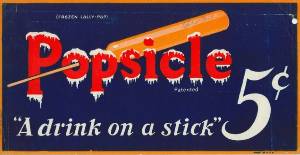May 31 is Speak in Complete Sentences Day
 Today is Speak in Complete Sentences Day. Celebrating this holiday may prove more difficult than you’d think.
Today is Speak in Complete Sentences Day. Celebrating this holiday may prove more difficult than you’d think.
The advent of text and email messages has led to an economy of words and a profusion of symbols, acronyms, and slang. Sentence structure has been sacrificed on the altar of expediency. Emojis and acronyms are quick, convenient ways to express feeling or intent. Anyone who has hesitated before posting a status update, worried readers might misconstrue its tone, then added a winking face or “lol” can attest to the value of this form of shorthand.
Spell-checking programs, if used at all, may lull writers into a false sense of security. Has the casual disdain for grammar and spelling found on forums, blogs, and comment sections trickled up to professional sites, which are now riddled with mistakes? (Have you ever been a good citizen and let someone know about an error, only to hear crickets or get “yeah, who cares” in reply?)
No matter its genesis, carelessness erodes our language skills each day we grow more accustomed and inured to it. Today, honor your mother tongue by uttering and writing complete sentences. It could become a trend!

 1. the blossom of a plant
1. the blossom of a plant Today is Put a Pillow on Your Fridge Day, a new take on an old tradition.
Today is Put a Pillow on Your Fridge Day, a new take on an old tradition. Today is National Grape Popsicle Day. In 1905, 11-year-old Frank Epperson was sitting on his porch, stirring powdered drink mix into water, when he was called inside and forgot to bring the cup with him.
Today is National Grape Popsicle Day. In 1905, 11-year-old Frank Epperson was sitting on his porch, stirring powdered drink mix into water, when he was called inside and forgot to bring the cup with him.